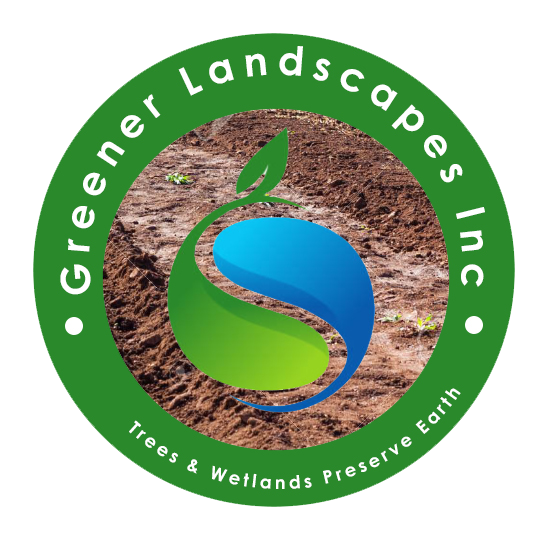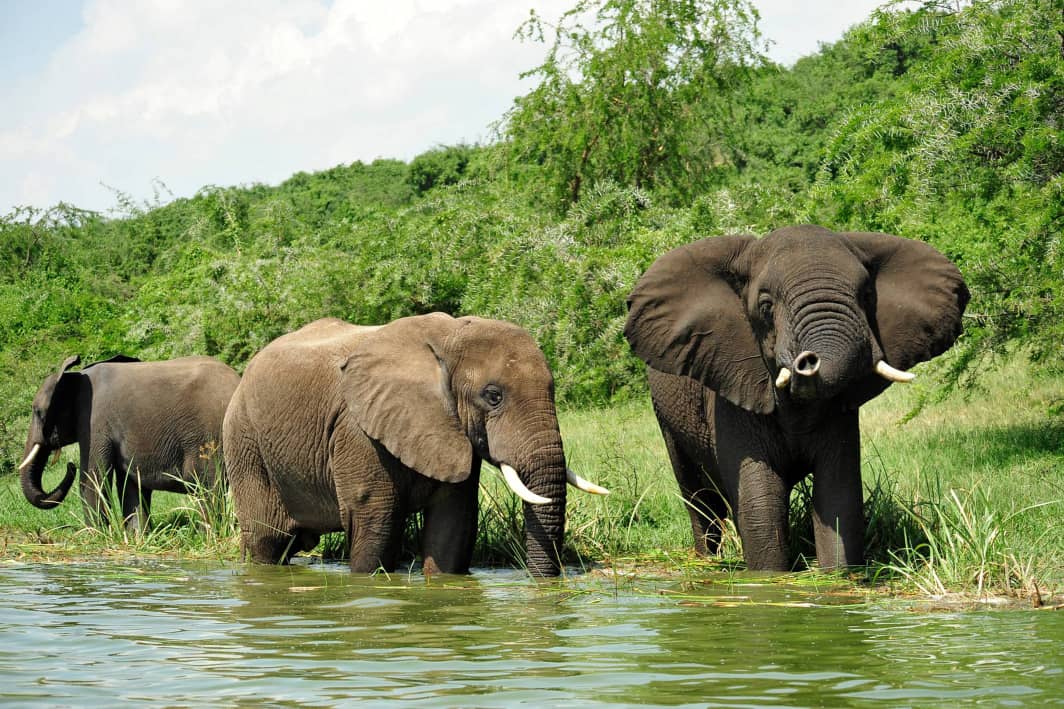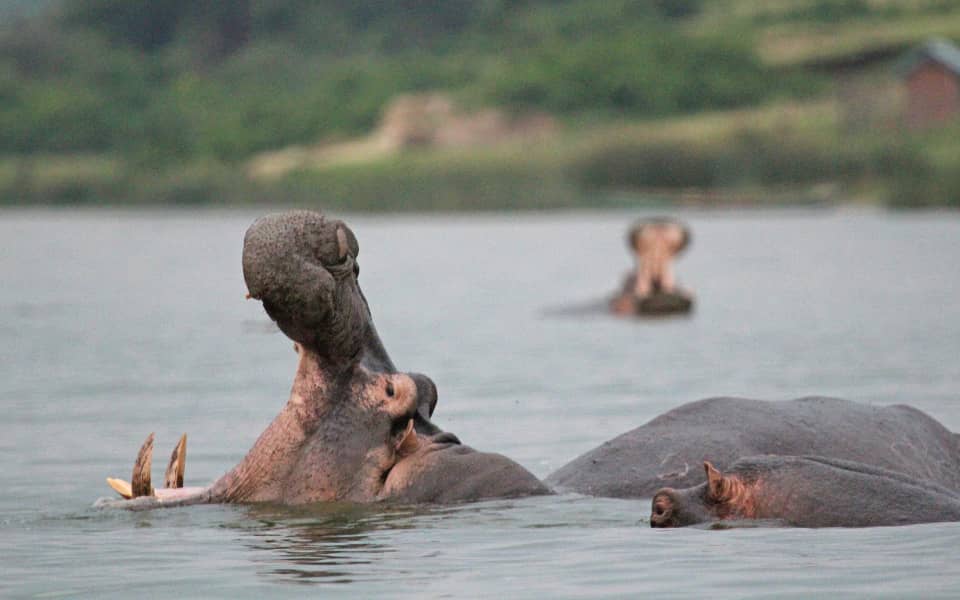Ecotourism in Forests and Wetland Reservations in Uganda
Ecotourism in forests and wetland reserves in Uganda offers visitors the opportunity to explore and appreciate the country’s unique natural landscapes while promoting conservation and sustainable development. Forests and wetlands are prime ecotourism destinations due to their rich biodiversity, scenic beauty, and cultural significance. Here are some key points regarding ecotourism in forests and wetland reservations in Uganda:
Biodiversity and Wildlife
Forests and wetlands in Uganda are home to a diverse array of plant and animal species, including rare and endemic ones. Ecotourism activities in these areas allow visitors to observe and learn about the remarkable wildlife, such as primates, birds, mammals, reptiles, and amphibians. Guided tours, nature walks, and wildlife viewing are popular activities.
Bird Watching
Uganda is renowned as a birdwatcher’s paradise, with over 1,000 bird species recorded. Forests and wetlands are prime habitats for a wide range of bird species, including endemic and migratory birds. Bird-watching tours and specialized birding safaris attract enthusiasts from around the world.
Primate Tracking
Uganda is famous for its population of endangered mountain gorillas, found in the Bwindi Impenetrable National Park and Mgahinga Gorilla National Park. These parks offer gorilla tracking experiences, allowing visitors to observe these majestic creatures in their natural habitat. Other primate species, such as chimpanzees, can also be tracked in various forest reserves.
Cultural Experiences
Forests and wetlands in Uganda are often intertwined with the cultural traditions and livelihoods of local communities. Ecotourism provides opportunities for visitors to engage with local cultures, learn about traditional practices, and participate in activities such as village visits, cultural performances, and handicraft demonstrations.
Nature Walks and Hiking
Guided nature walks and hiking trails are popular activities in forests and wetland reserves. These activities offer visitors the chance to explore the natural wonders of the landscapes, observe unique plant species, enjoy breathtaking views, and learn about the ecological significance of these areas.
Canoe Safaris and Boat Tours
Wetland reserves, such as the iconic Murchison Falls National Park and Queen Elizabeth National Park, offer canoe safaris and boat tours along rivers and lakes. These experiences provide opportunities to spot wildlife, including hippos, crocodiles, and various bird species that inhabit the wetland ecosystems.
Sustainable Tourism Practices
Ecotourism in forests and wetlands emphasizes sustainable tourism practices that minimize negative environmental impacts and benefit local communities. Responsible Uganda tour operators and lodges promote conservation efforts, employ local guides and staff, support community development initiatives, and educate visitors about environmental conservation and cultural sensitivity.
Conservation and Revenue Generation
Ecotourism contributes to the conservation of forests and wetlands by providing economic incentives for their protection. Revenue generated from tourism activities is often reinvested in conservation efforts, community development projects, and improving infrastructure within protected areas.
It is important to note that when participating in ecotourism activities in forests and wetlands, visitors should follow responsible travel practices, such as respecting wildlife and their habitats, following designated trails, minimizing waste, and supporting local conservation initiatives.
In conclusion, ecotourism in forests and wetland reservations in Uganda offers a unique and sustainable way to explore the country’s natural wonders while supporting conservation efforts and benefiting local communities. By engaging in responsible ecotourism practices, visitors can contribute to the preservation of these valuable ecosystems for future generations.



